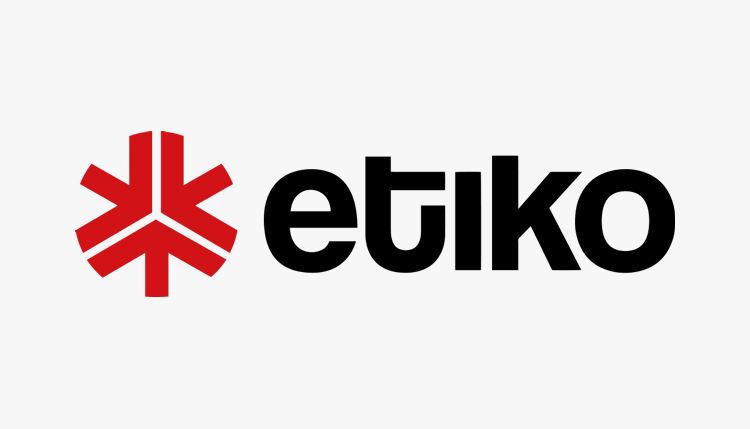I have staked my business on the belief that there are rapidly growing numbers of conscious or ethical consumers. They are concerned about the impact of their purchases not only on the environment but also on other human beings. There is even an acronym for people like this – they are known as LOHAS (Lifestyles of Health and Sustainability). This is a concept developed by US sociologist, Paul H. Ray, and denotes consumers that actively search out healthier and more sustainable lifestyle, product and service options. Their purchasing decisions are heavily informed by strong values regarding personal, family and community health, environmental sustainability and social justice. This is a rapidly growing sector of the marketplace, with consumer spending on LOHAS products now worth over $21.5 billion in Australia alone. It can’t be restricted to any age group or demographic, although there is definitely a female skew.

Fairtrade products are a large sector of the LOHAS market, with Fairtrade now considered to be the most widely recognised ethical label globally – nearly six in ten consumers (57%) across 24 surveyed countries recognise the Fairtrade Mark. In Australia and New Zealand, the market for Fairtrade products is growing well over 25% each year, rising to nearly $343 million sales in 2012. Fairtrade communities are spreading across Australia, with seven universities, numerous Fairtrade schools and churches, and the National Australia Bank now recognised as the biggest Fairtrade workplace.
However, consumers will not buy a product just because it is ethical or sustainable. People often do the opposite of what they say their values are. If retailers want to have any significant impact they need to do more than just give the consumer a Fairtrade or social impact story. At Etiko, we have been working hard on this market since 2005 and I believe there are three additional requirements that need to be fulfilled. They are:
- Give the consumer a reasonable price. Price is still a huge determinant in purchasing decisions. You can’t afford to sell your product any more than 10-20% above the price for a similar non-ethical product.
- Give the customer a good quality product with good design. If they purchase the product and it doesn’t last long or is badly designed, they will never purchase it again. At Etiko, we pride ourselves on having a ‘cool’ product that resonates with the youth market and feels good to look at and use.
- Products need to be easy to find. To make it easy for consumers to choose ethical products they need to be readily available. This is one of the greatest challenges and why we need to bring Fairtrade products to the mainstream.
Mainstream accessibility has now been achieved with Fairtrade coffee and chocolate. They can be found in supermarkets, right next to the non-ethical products and at comparative prices. This makes it easy for consumers to make the ethical choice. However, other ethical products are not so readily in the public eye.
After high-profile articles in mainstream newspapers on child workers in India, Pakistan and Uzbekistan, and global headlines for avoidable tragedies such as the Rana Plaza collapse in Bangladesh in 2013 which killed over 1000 workers, consumers are becoming more aware of the ethical issues surrounding clothing and sports ball production. My challenge is to get my products into the mainstream so that consumers concerned about these issues can make the ethical choice when shopping for these products.
The LOHAS market is experiencing exponential growth. Conscious consumers are seeking more ethical and sustainable products and we need to make it easy to choose them. We can’t rely on the guilt trip. That’s good for getting attention, but you also need to have a readily available, reasonably priced and good quality product to achieve long-term business success.


Leave a comment